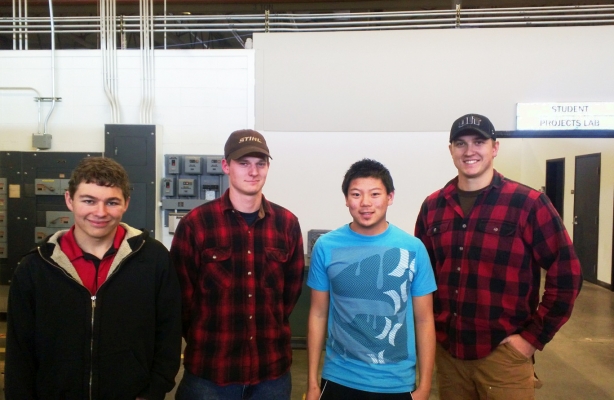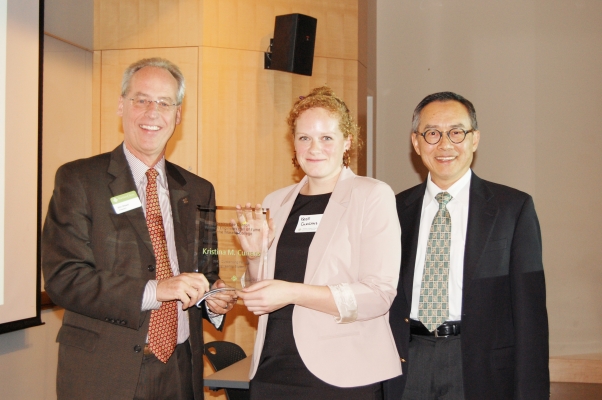A new NITC report offers a multimodal framework for transportation impact analysis – a welcome tool for professionals in many cities seeking more detailed data about non-drivers.
Improving Trip Generation Methods for Livable Communities, a research project headed by Kelly Clifton of Portland State University and Nico Larco of the University of Oregon, is the latest effort in an ongoing collaboration to create more open sourced, widely available data about non-motorized road users.
Over the last decades, cities have become more invested in fostering the conditions to support walking, biking and public transit.
The land development process presents a unique challenge.
Prior to a zoning change or new development, someone has to determine what its impact on the transportation system will be, and whether upgrades will be necessary to accommodate travelers to the new destination. Trip generation is the first step in the conventional transportation forecasting process.
Current trip generation methods used by engineers across the country tend to focus on motorized modes.
Without reliable trip generation rates for anyone but drivers, the transportation impact is difficult to predict. Certain land uses will draw far more walkers,...
Read more

